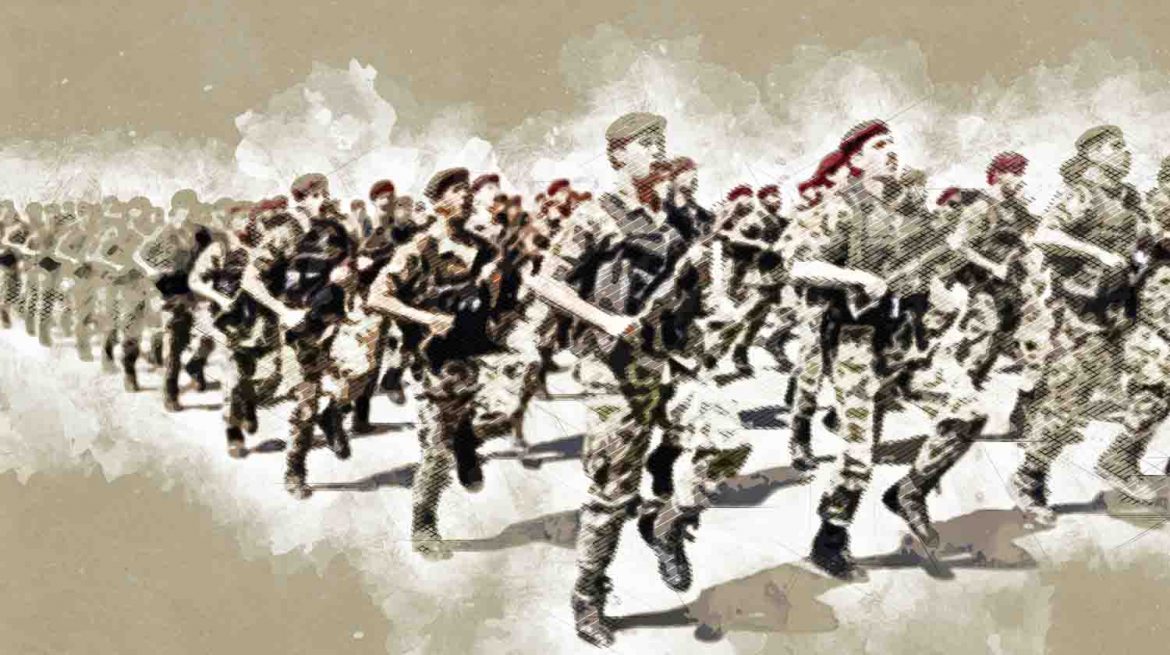"The deterioration of humanitarian conditions and the state of human rights in most Arab countries is a natural result of the militarization of politics, the failure to find peaceful and radical solutions to internal and international conflicts in the region, and the resurgence of authoritarian regimes since the crises of the Arab Spring revolutions." This was the most significant finding of the Eighth Annual Report of the Cairo Institute for Human Rights Studies (CIHRS), which was released on July 7, 2018, on the state of human rights in 11 Arab countries.
The report monitors and analyzes human rights developments in Egypt, Saudi Arabia, Bahrain, Yemen, Syria, Algeria, Sudan, Morocco, Tunisia, and Libya. It also includes a section on the European Union's human rights policies in Egypt, the new priorities of the EU-Egypt Neighborhood Policy adopted in July 2017.
The Arab region is in the throes of a profound political paroxysm as the regional order and the social contract in many Arab states have unraveled though no alternative regional order or social contract has yet been devised to supplant them,
According to the report, the international human rights system has failed to confront the armed conflicts in the region, from early intervention to prevent their escalation and complexity, to addressing their severe humanitarian consequences, or finding and implementing peaceful solutions. In this regard, the center confirms that the widespread external political and armed intervention that occurred in the region over the past seven years on a scale not seen since the independence of these countries has deepened these crises. This intervention, according to the report, was carried out politically by countries in the region such as Saudi Arabia and the United Arab Emirates, and militarily through direct military intervention or through proxies in Syria, Yemen, and Libya. Outside the Arab world, neighboring countries Iran and Turkey engaged in intense political and military interventions, both direct and indirect, in Yemen, Iraq, Syria, Lebanon, and Libya.
The report also indicates that the Arab region, as a regional system and individual states, secular and Islamist regimes, ruling and opposition political elites, majorities, and religious and ethnic minorities, is experiencing a deeper and more severe crisis compared to the beginning of the Arab Spring uprisings seven years ago. While the report notes the resurgence of authoritarianism in the Arab region, this has not prevented the rise of protest demands focused on economic and social dimensions, nor has it prevented public expressions of these demands.
In 2017, these protests continued in rural areas, Hoceima, and Jarada in Morocco, some areas in Algeria, particularly those inhabited by Amazigh communities, Sudan, Iraq, Jordan, eastern Saudi Arabia, and in the Sinai Peninsula in eastern Egypt and Nubia in southern Egypt. These protests produced new civil, human rights, and political leaders who used modern technology for mobilization and campaigns. The governments of these countries responded to the leaders and individuals of these protests, especially the youth, with violence, arrests, fabricated accusations, and politically motivated trials. These protests reflect a structural failure in the economic management of these countries, the ruling elites' inability to meet the basic needs of the people, the unequal distribution and management of wealth and resources, and the marginalization of entire regions in many Arab countries. Despite the availability of natural resources in some of these regions, their residents are deprived of their returns.
Share this Post

